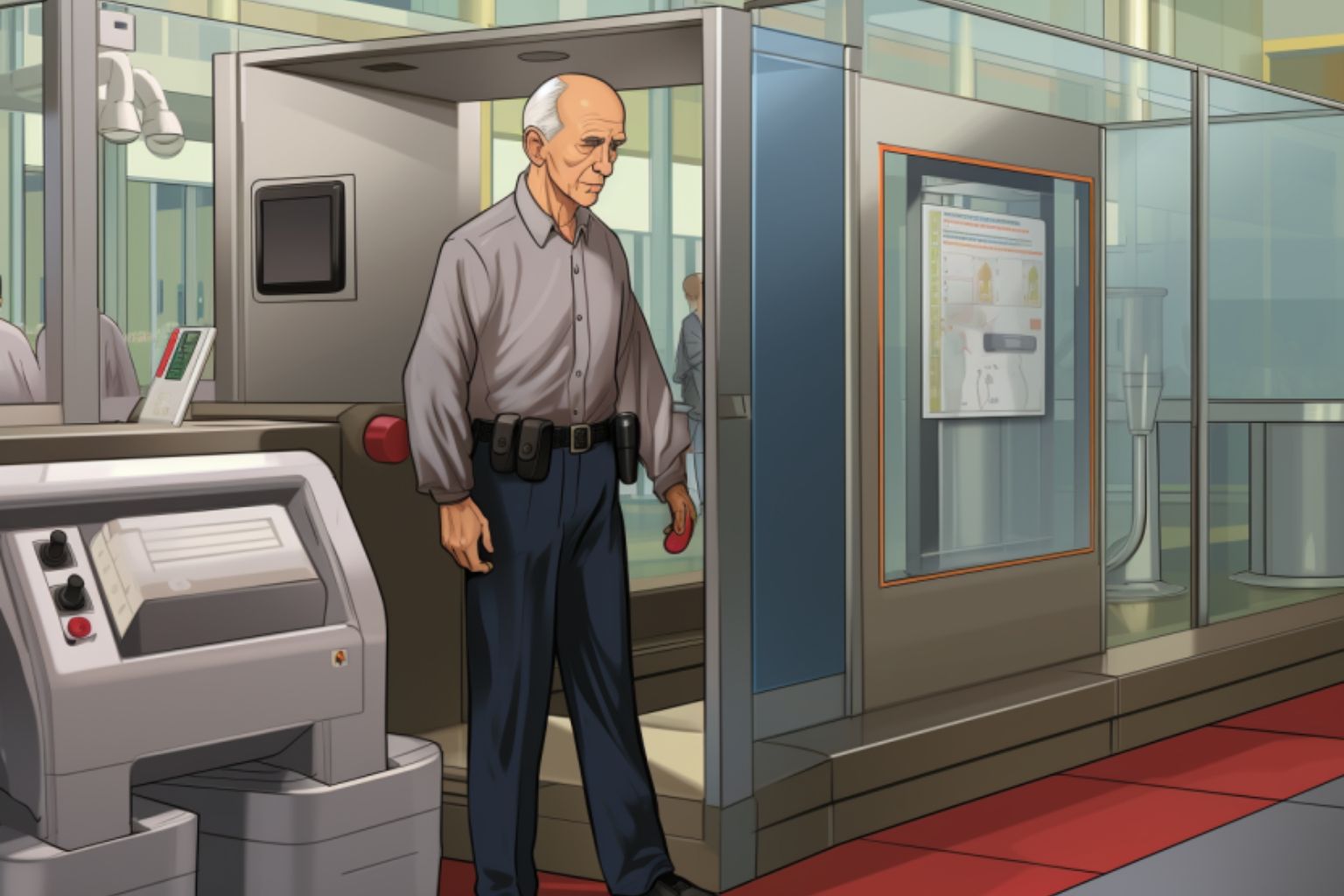No one should have been surprised when Nobel Peace Prize winner and former Secretary of State Henry Kissinger issued a statement praising the professionalism of the Transportation Security Administration for its pat-down of him last week in New York.
What was he supposed to do, call the TSA a criminal organization?
But many of the agency’s critics wish he had. At best, they say, the frisking of an 88-year-old elder statesman shows how ignorant its agents are. After all, didn’t anyone teach history to these screeners? At worst, it shows yet again that an entire organization within the government is operating above the rule of law.
The TSA publishes a list of what it considers the important legal issues on its blog, but they don’t address the major problems that, frankly, many American air travelers have had questions about.
The biggest one: What gives them the right?
The TSA’s legal rationale
But amid all the spin and PR that clutters the TSA site, there’s one remarkably level-headed post published in 2008 by Francine Kerner, the agency’s chief counsel. It explains why the TSA does what it does.
“TSA takes the rights of the traveling public very seriously. In implementing security screening measures, it carefully weighs the intrusiveness of those measures against the need to prevent terrorist attacks involving aircraft,” she wrote. “The courts have long approved searches of airline passengers and their bags for weapons and explosives as constitutionally permissible under what is now commonly referred to as the ‘administrative search’ or ‘special needs’ exception to the Fourth Amendment warrant requirement while balancing the same considerations.” (Related: The truth about the Department of Homeland Security’s new journalist database.)
Kerner cites several court cases that apparently give the TSA an exception to the Fourth Amendment, which guards against unreasonable searches and seizures. (On a personal note, it was Kerner’s department that made the call to drop the subpoena issued against me in late 2009, which would have required that I reveal the name of a source. So thanks, Francine.)
Challenging the TSA’s justification for intrusive searches
Not everyone buys the TSA’s reasons for its allegedly invasive searches. Marc Randazza, a First Amendment Attorney, asserts that the TSA’s legal arguments justifying some of its procedures are nonsense. He argues that these measures were implemented as part of the post-9/11 civil liberties message, and everyone has been forced to endure them. According to Randazza, questioning anything done in the name of combating terrorism is considered tantamount to treason.
Randazza offers the same advice he gave me when I faced a defamation lawsuit designed to silence me: to fight it. Loudly. In my case, it was terrific advice. For the rest of the flying public, it may yet prove to be.
Finding air travelers who believe the TSA is a criminal organization is not hard. Just ask TV personality Geraldo Rivera, who last week said he was “manually raped” by an agent. Rivera makes an interesting point. Take away the airport and the checkpoint, and you could, indeed, accuse the screener of rape, at least in a legal sense. With enough proof, Rivera might even get a conviction.
The absence of a unified air traveler voice
But persuading a court that the TSA’s current practices are illegal isn’t easy. One group that is trying is the Electronic Privacy Information Center (EPIC). It has repeatedly challenged the government’s authority to use full body scanners. It says the machines are “unlawful, invasive, and ineffective.” The EPIC argued that the TSA has violated several laws. This includes the Administrative Procedures Act, the Privacy Act, the Religious Freedom Restoration Act, and the Fourth Amendment. You can read about its efforts on the EPIC site.
Unfortunately, air travelers have no voice in Washington that is raising questions about the legality of the TSA in a more organized way. (Here’s how to handle the TSA when you travel.)
In the meantime, TSA supporters are interpreting air travelers’ lack of a unified presence on the Hill as a license to continue with procedures that may very well be illegal. When Rep. Rep. Mike Rogers (R.-Ala.), who chairs the House Subcommittee on Transportation Security, calls on the agency to get “tougher” it makes agency critics cringe. How much tougher can you get than patting down a senior citizen and former cabinet member in a wheelchair?




